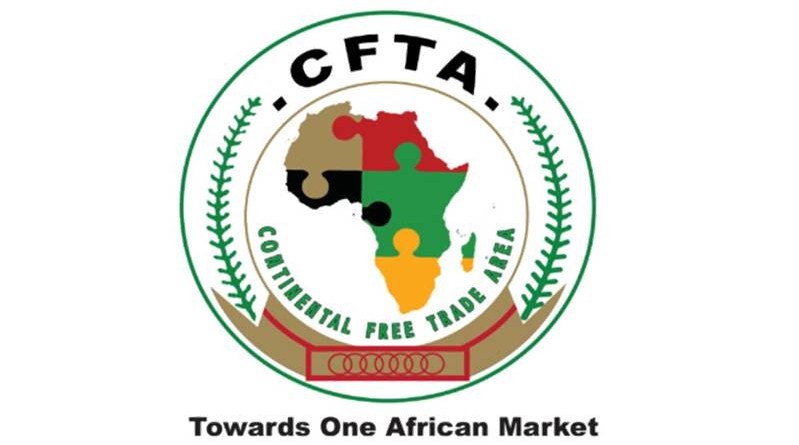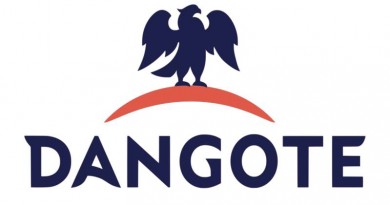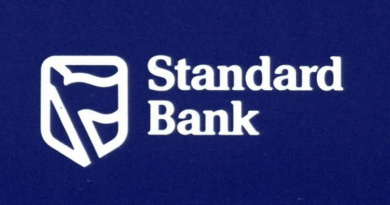African Continental Free Trade Agreement holds great promise
There is increasing optimism in Africa with the African Continental Free Trade Agreement (AfCFTA) gaining significant momentum and Africa being home to amongst the fastest growing economies in the world.
This is according to TC Chetty, RICS Country Manager for South Africa, who says Nigeria finally signing AfCFTA at the African Union (AU) Special Summit in Niger this weekend is “major milestone” considering Nigeria being one of the biggest economies on the continent.
“It is a welcome move by Nigeria and gives the AfCFTA more clout, with 54 countries having now signed. The free trade agreement holds great promise for Africa and there was a lot of enthusiasm around it at the recent Royal Institution of Chartered Surveyors (RICS) Summit Africa 2019 in Johannesburg,” notes Chetty.
This year’s highly successful RICS Summit Africa had a powerful line-up of over 18 influential speakers and attracted more than 250 executives and professionals in the built environment sector from across Africa. The Summit’s principal sponsor was Broll Property Group, while other key sponsors and partners included the Green Building Council South Africa (GBCSA); International Finance Corporation (IFC); and, CBRE Excellerate.
In her keynote address at RICS Summit Africa, Ipeleng Mkhari, CEO and founder of Motseng Investment Holdings noted that the AfCFTA is a critical element “when we think about Africa 2030” and the conversation around the future of investment in Africa.
“When we start looking at this macro conversation and the initial agreement that was signed just last year in 2018, it begins to unpack the potential future that Africa has,” she said.
“It has been quite challenging to watch the developments in the EU and around Brexit and seeing the dynamics of the change that is taking place not just in the EU, but in many parts of the world. Yet, here in Africa we’ve
signed an agreement saying we need to come together. We need to be able to grow our continent and completely take away tariffs that block us from being able to trade together,” added Mkhari.
She said Africa has a market of around 1.3 billion people currently and a GDP of approximately $2.5 Trillion.
“Some 50 member states signed the AfCFTA last year, however, there is a lot of work still to be done around this particular agreement… On the continent we have about eight existing policies that speaks to some kind of trade between countries, but what we don’t have is a policy that brings together the entire continent into one voice. AfCFTA will be the largest free trade area since the World Trade Organisation, and this is a fundamental move for Africa,” she stressed.
“One of the challenges that we do see is that when we look at so many policies, the question that we need to ask ourselves is what are the barriers that may come about… The main objective of AfCFTA is to create a single continental market for goods and services – very important for property players. It is aimed at creating an environment that will see the free movement of business, businesspeople and investments – essentially a path to accelerating the establishing a continent-wide customs union,” Mkhari explained.
“For the private sector, the AfCFTA is expected to enhance competitiveness at a rapid rate. It is expected to disrupt large incumbent operators and industries. At enterprise level, it will provide opportunities for scaled production, continental markets, access and better allocation of resources – not least of all capital, finance and labour,” she added.
She said a key estimate is that AfCFTA has the potential to lift intra African trade by more than 52%, simply by eliminating import duties. However, she noted that while the agreement was a bold one, there were “blind spots” or challenges that “require a plurality of responses”.
“Trade is key, but harmonisation is paramount. There’s an urgent need for open skies as current air movement is expensive and inefficient in Africa. We need open borders for a smooth marketplace. Also more work is needed around harmonising investment and prudential guidelines.”
Speaking on a panel with Mkhari, Dr Martyn Davies, Managing Director of Emerging Markets & Africa at Deloitte, said when he was at the AU meetings in February it was “so refreshing” because every government there was talking about free trade.
“It was good, but it was quite bizarre because three years ago no one was mentioning it at all… Today, elsewhere you are hearing of the Trump effect in the US and Brexit; even India is perpetually sort of protectionist. No one is talking free trade, except us (Africa) and the Chinese,” he said.
Davies added: “It will take three years minimum before we see some implementation of the free trade agreement (AfCFTA). Implementation is going to be problematic, but there is small wins to be gained at borders… We have to encourage the four flows in Africa – the flows of people which is slightly contentious; flows of goods; flows of capital; and, flows of services.”
Chetty notes: “It was great to get some valuable insight into what the AfCFTA means for the continent at this year’s RICS Summit Africa…Embracing the RICS ethos of collaboration, the event received strong support from leading real estate businesses and industry associations in Africa. Our fifth RICS Summit Africa was the most successful yet and it has been further entrenched as a leading forum in Africa.”




